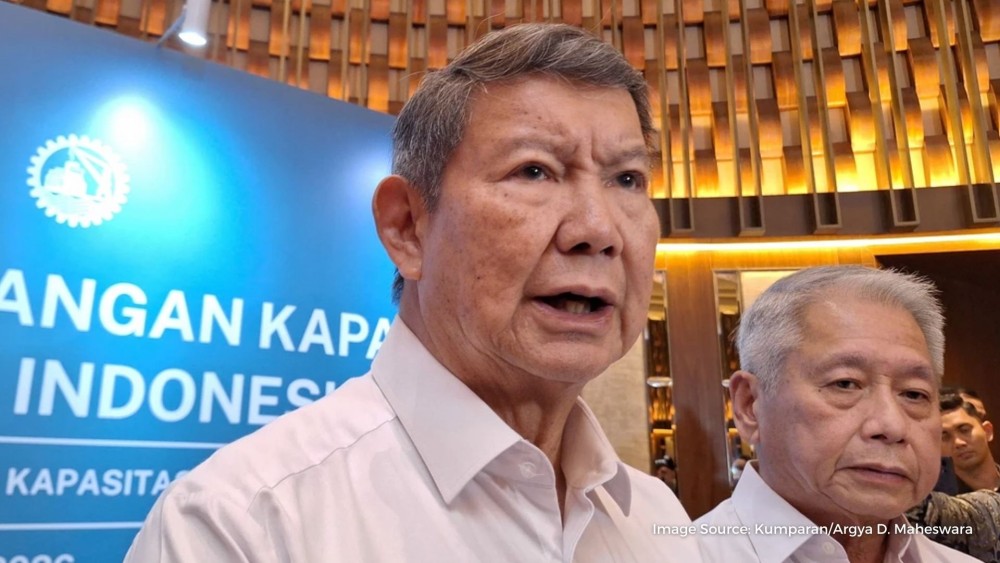Indonesia launches Southeast Asia’s first bullet train
03 Oct 2023

WHOOSH, Southeast Asia’s first bullet train connecting the country’s current capital city of Jakarta and the city of Bandung in West Java, was officially launched after Indonesian President Joko Widodo inaugurated the operation of the US$7.3 billion project at KCJB Halim Station, East Jakarta, on Monday, October 2, 2023.
President Widodo said the bullet train was a manifestation of progress for Indonesia’s public transportation system and that the experience learned in the development of the bullet train would have a positive impact on the country’s infrastructure development moving forward.
The President said the name Whoosh was inspired by the sound of a rushing high-speed train, but that it was also an abbreviation of "Waktu Hemat, Operasi Optimal, Sistem Handal" in the local Indonesian language, which translates to "Timesaving, Optimal Operation, Reliable System".
WHOOSH can travel at a speed of up to 360-kilometer per hour, making it the first and fastest high-speed railway in Southeast Asia. The railway currently spans a length of roughly 142 kilometers (88.23-mile). The government is already considering extending the reach of the bullet train all the way to Surabaya, the country’s second largest city, in East Java – about 700-kilometer further east from Bandung.
The government plans to have six WHOOSH units serving daily trips once the bullet train system goes fully operational. Until then, President Widodo said that Indonesian citizens can ride the WHOOSH free of charge until mid-October.
"(WHOOSH) is still free until the middle of the month (October). After that (the free trial) is finished, a new tariff will be decided," said President Widodo, as quoted by Liputan 6.
Operated by PT KCIC, a partnership between Beijing's China Railway International and four state-owned enterprises from Indonesia, the project is a centerpiece infrastructure project for President Widodo and a part of China's Belt and Road Initiative.
The bullet train was initially slated to be launched in 2019. However, land procurement issues as well as the COVID-19 pandemic led to its postponement, further leaving the government with a budget overrun of about $1.2 billion (£984 million).















